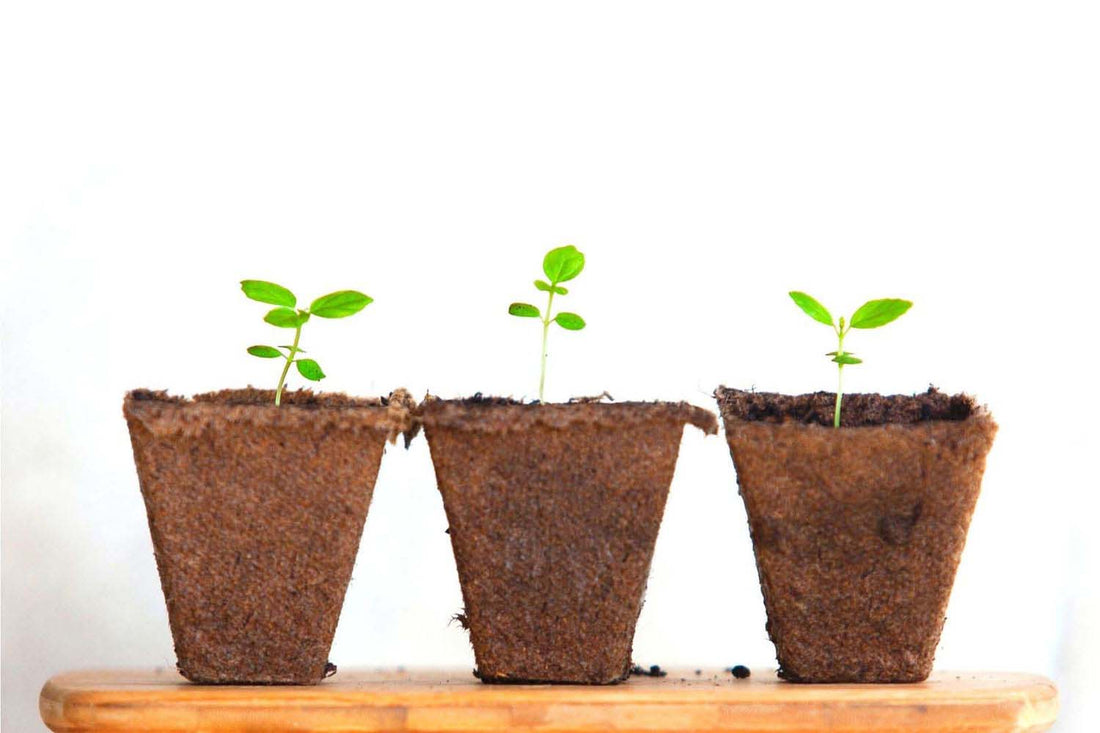Sustainability is on everyone's lips. It almost seems as if everyone is already in the picture and full of energy. However, there is a big difference between verbal escapades of individuals, corporate marketing and social responsibility measures, political requests and the reality in which we live. If we're honest, not much tangible has actually happened yet, compared to what humanity would actually have to do for our planet to do really well.
We observe that a lot of people are quite overwhelmed with the topic of sustainability, regardless of the context. On the one hand, you can't avoid the term and have to say something positive about it, since it's now an integral part of political correctness. On the other hand, everyone interprets the topic in a different way – if you ask ten people, you will get ten different definitions. Of course there are overlaps, but a meaningful agreement looks different.
Many understand sustainability primarily as climate and environmental protection. These two topics are also certainly part of it. But sustainability is so much more, e.g. In the company context, for example, employee benefits, further training measures, fair wages, the proportion of women in the workforce and in management positions and diversity in general.
Aninsu's definition of this complex term is: Sustainability is the aspiration to do the right thing or at least the best possible thing in every situation based on the best of our knowledge and belief, always based on the idea that the future of our planet also belongs to future generations and their lives as much as possible should be better than ours.
In short: everything that is positively future-oriented is sustainable.
Well, where "everything possible" is meant, it is also clear that overwhelm or at least confusion can and will be a possible reaction. Because, even before we talk about the how: by which do you even begin to be sustainable?
We realized that it doesn't matter where, how or what you start with. There is no right or wrong. Maybe there is a meaningful or less meaningful, but that is negligible, because even many drops make an ocean. The important thing is that you start somehow, somewhere and with something.
A suggestion: The first step is to realize that you want to live sustainably (or at least more sustainably). And the second and every further one is quite simple: before making any decision, you simply ask yourself: "Is what I intend to do sensible and sustainable?" If yes, then great. If not, then you rethink the whole thing and, if possible and feasible, find a better alternative. Done - welcome to a sustainability-oriented lifestyle!
Please don't let anyone unsettle you: go the sustainable path that you choose for yourself. Do what suits you and what makes sense to you. Every action counts, every step brings you forward - all our small steps add up to big leaps into a better future together.










